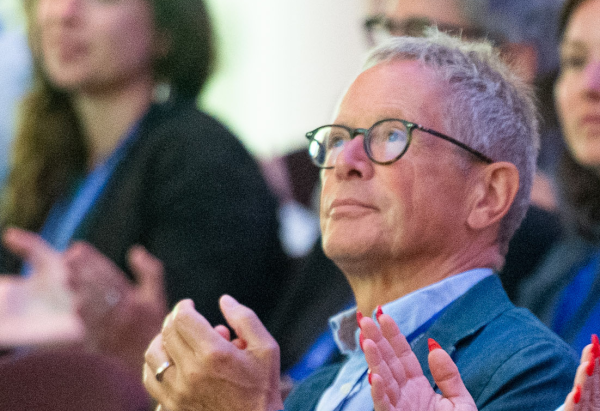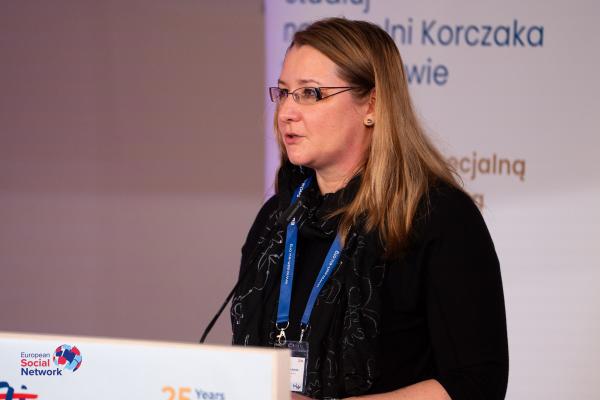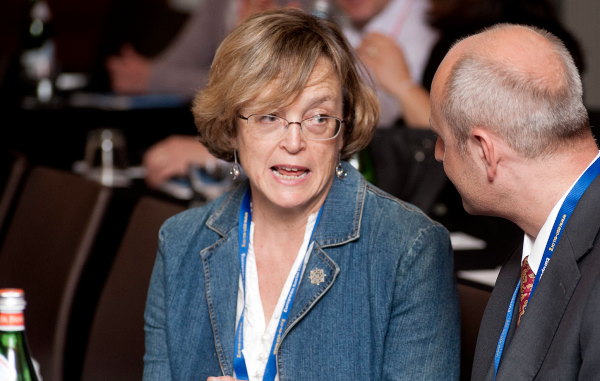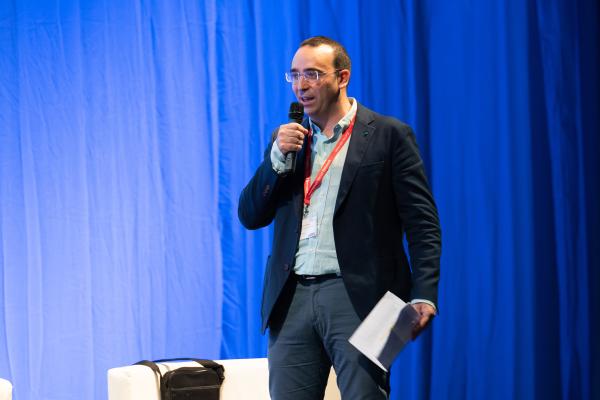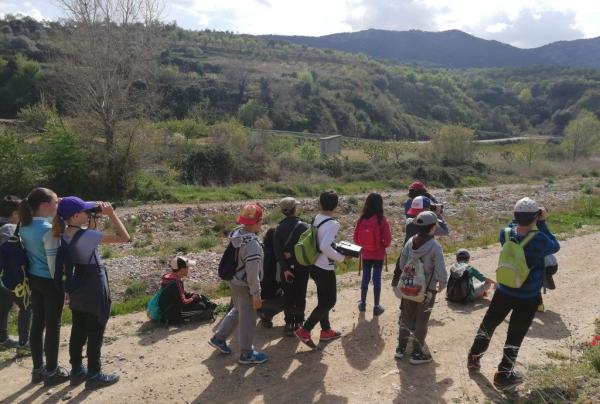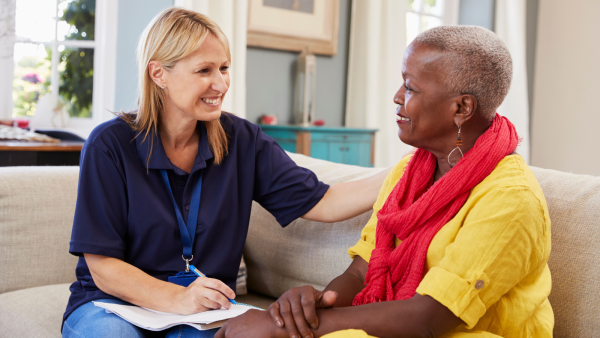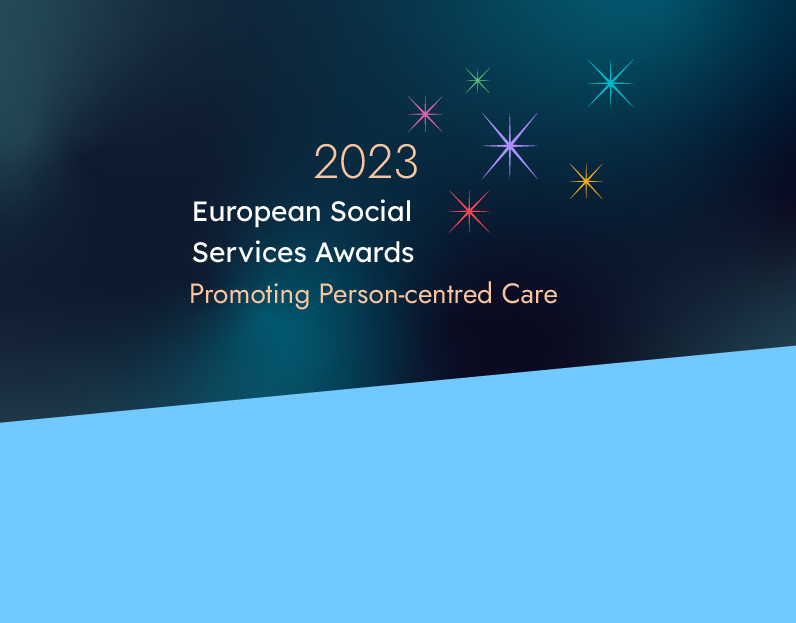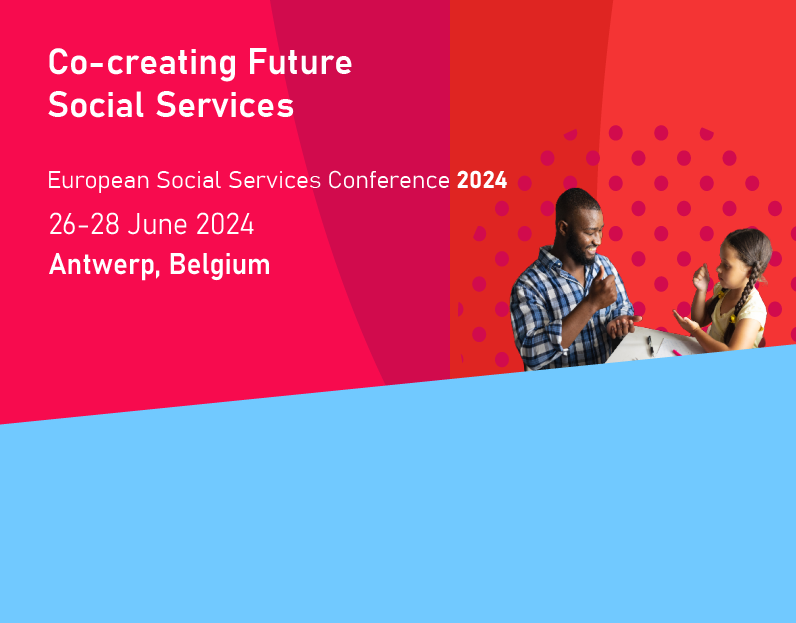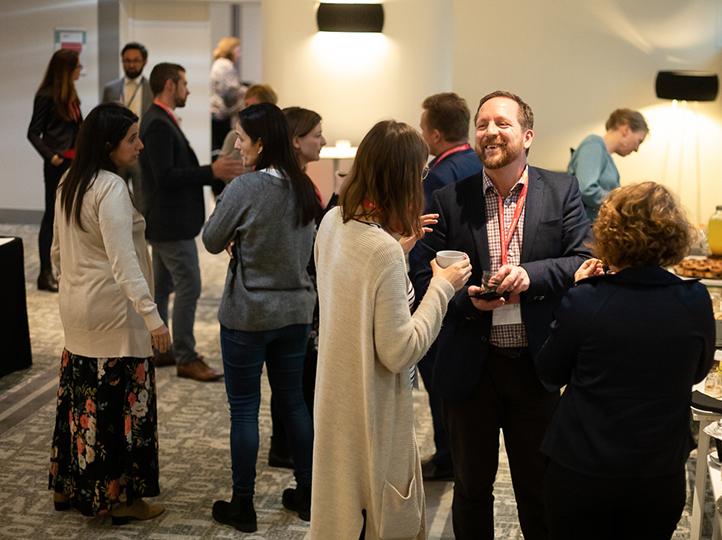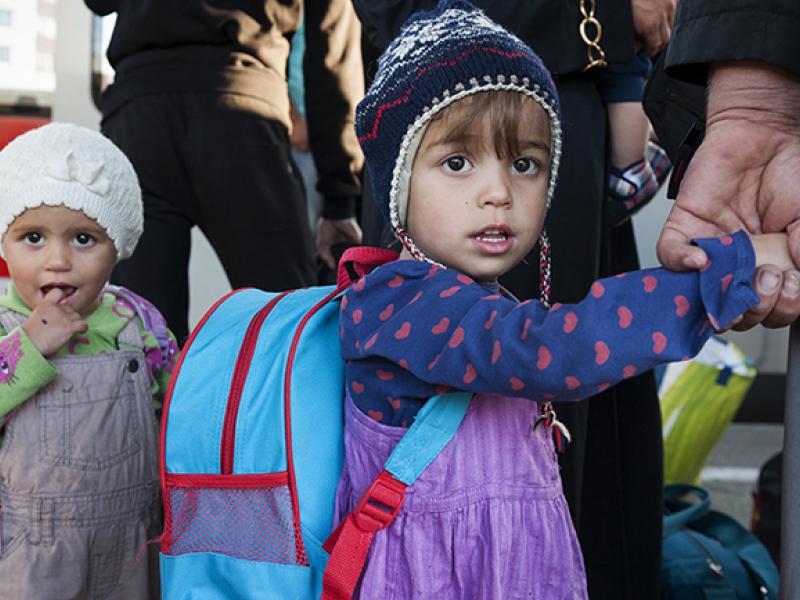The value of a society can be measured by how it supports its most vulnerable
Building bridges in social services: Zagreb’s story at the European Social Network
Broadening views: the benefits of European cooperation in social services
Keeping social services professionals united and connected: the experience of Galicia in ESN
The Río Grío Youth Centre: a best practice in child and youth social services in a rural setting
Developing a Quality System for Social Care Services in Greece
“Youth Listening”: supporting young people through local and person-centred social services
Supporting marginalised families with autistic children
Fundamentals of good communication toolkit aims to support those working in children’s services
Empowering women in the care sector


